There are a variety of different methods through which you can trade Forex terms, and they all work the same way, which is by buying one currency while selling another at the same time. Many Forex transactions were made through a Forex broker, but with the increase of online trading, you can benefit from the movements of Forex prices using derivatives such as trading Contracts for Difference (CFDs).
Contracts for Difference are products that enable you to open a position for a small part of the full value of the trade. Unlike other products, you don't own the assets, but you take a position on whether you believe the market will rise or fall in value. Although these products can inflate your profits, they can also increase losses if the market moves against you.
Below are the most common terms in the world of economic analysis, where many economic analysts use them to express the economic situation and predict its future trends, which you will need during your journey in learning Forex terms.
Forex Terms: The spread in Forex trading terms
The spread is the difference between the bid and ask prices offered for any currency pair like many financial markets when you open a Forex position, where two prices are offered, but if you want to open a large position you will trade at the buying price which is a little higher than the market price, and if you want to open a small position you will trade at the selling price which is a little lower than the market price.
Contracts for Difference are financial derivatives that allow traders to benefit from rising and falling prices for profit. Most financial markets in Forex trading terms are built on the idea of exchanging Contracts for Difference.
Currencies are traded in the form of contracts i.e., batches of currencies are used to consolidate Forex trading terms. However, because Forex tends to move in small amounts, contracts tend to be very large. So, since traders won't necessarily have a pound sterling (or any currency they are trading) to put in every deal, almost all Forex trading operations are leveraged.
Leverage in Forex
Leverage is a way to acquire large amounts of currencies without needing to pay the full value of the deal upfront. Instead, you deposit a small deposit known as margin, and when you close the position with leverage, your profit or loss depends on the full size of the trade. While this can inflate your profits, it also brings the risks of inflated losses including losses that can exceed your margin. Therefore, trading with leverage makes it very important to know how to manage your risks.
It's the ability to trade larger positions than your actual account balance where your broker provides leverage with certain amounts for certain instruments. Let's assume that your account type has leverage ratio for a currency pair, if you deposit dollars in your trading account and the Euro to US dollar rate is higher at the moment, if you want to trade one contract the cost of one piece of Euro against US dollar will be higher ratio at the moment. So, we allocated dollars in your trading account and provide you with a small leverage ratio as a result.
Margin in Forex Terms
Margin is a fundamental part of leveraged trading where it's defined as the term used to describe the initial deposit you make to open and maintain a leveraged position. When you trade forex on margin, remember that your margin requirements will change depending on your broker and the size of your trades.
Margin is usually expressed as a percentage of the position. For example, only a small percentage of the total value of the position is paid to open it.
The minimum amount of money you need to open a trading position is allocated by your broker so that you can start trading at larger volumes. The used margin is the amount currently used to maintain your open position. In addition, free margin is the amount still available for new trading deals.
Pip in Forex Terms
Pips are the units used to measure the movement in a foreign currency pair. Usually, a forex pip is equivalent to the movement consisting of one number in the fourth decimal place of a currency pair. Therefore, if the GBP/USD pair moves, this means it has moved one pip. The decimal places that appear after the pip are called fractional pips.
The exception to this rule is when the quote currency is listed in much smaller denominations; the minimum change in the price of a currency pair will be represented. The most prominent example of this is the Japanese Yen, so movement in the second decimal place constitutes one pip. Therefore, if a currency pair moves again, it has moved one pip.
Currency Pair
A currency is priced against another. The most common example of a currency pair is the Euro and the US Dollar, where the first currency is called the base currency, and the second one is called the quote currency. Contracts for differences for stocks or commodities are paired against the US Dollar.
Bid or Ask Price
To what extent you can sell or buy a currency pair in the financial market.
Buy or Sell
Buying or entering the market with a buy deal means that you are buying the base currency. You should expect that the base currency will gain value over the quote currency. Selling is the opposite of this, this means that you expect the base currency to lose its value compared to the quote currency.
Equity
This is the total amount of money in your trading account, including your profits and losses.
Major / Minor / Exotic Pairs
Major currency pairs contain the US dollar and are paired against other currencies from major economies like the pound, the euro, the yen, the Swiss franc, the Canadian dollar, and the Australian dollar. Minor currency pairs, also known as cross currencies, are commonly traded, but they do not contain the US dollar.
Exotic currency pairs include a major economy currency and a currency from one of the developing countries such as the dollar, the euro, the lira. Usually, minor and exotic traders have a larger spread, simply because more traders are interested in trading them. More available traders mean higher transaction costs, however, the company strives to serve you with the smallest possible price spreads.
Types of Orders in Forex Trading
-
Market Order: It is the immediate buying or selling at the current market price. A specific order is placed when the market price reaches the predetermined level. As a result, the buy limit is always lower than the actual price, while the sell limit is always higher.
-
Stop Loss Order: It closes your open trade once it reaches a pre-defined loss level. The idea is to limit your losses.
-
Trailing Stop Orders are similar but instead of a specified price, they focus on points. If you set a trailing stop order by a certain number of points and the market price moves against you by that number of points, your position remains open. However, if you want to profit, the stop level will move with it, but if you lose more than the specified number of points, your position will be automatically closed.
-
Take Profit Order: It closes your open trade once it reaches a certain profit level.
Fundamental or Economic Analysis plays a significant role in predicting currency exchange rate trends in the forex market. Forex terms are important in understanding the factors affecting the economic conditions in the country with the currency, thus influencing currency price movements.
Trading forex terms are the concepts and terminology related to the trading process itself. Most of these concepts are found in trading platforms and software, and it is essential to understand them before starting actual trading.


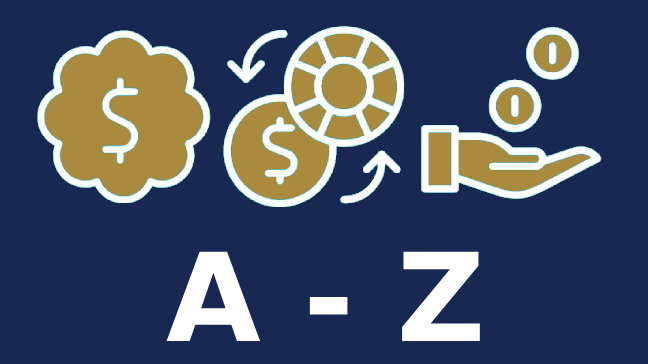
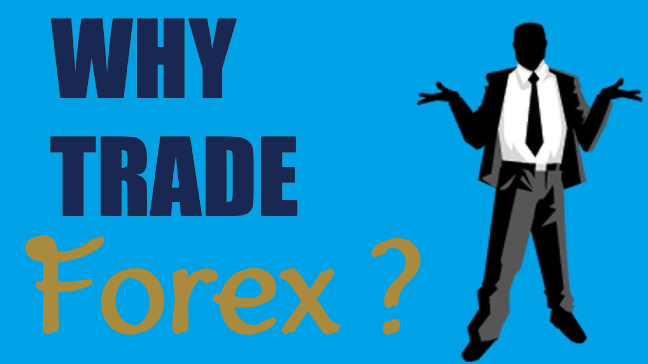
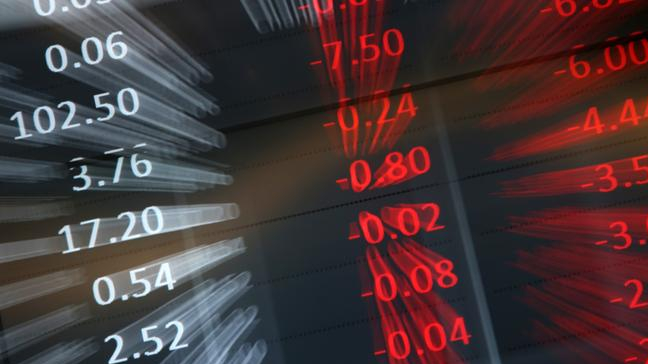
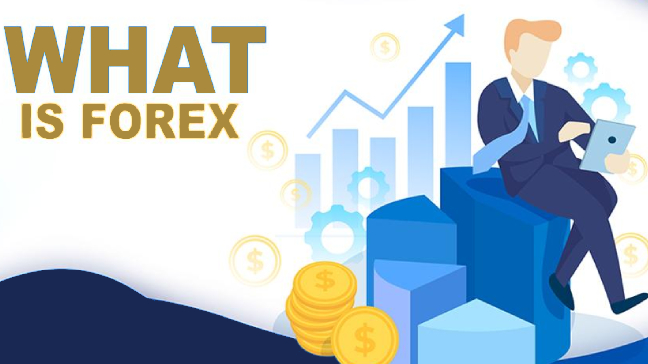
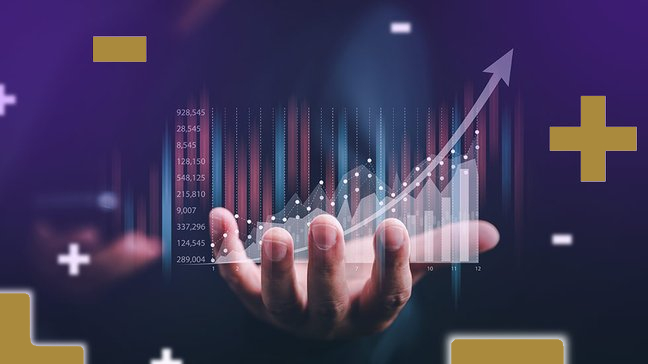

Comments (0)